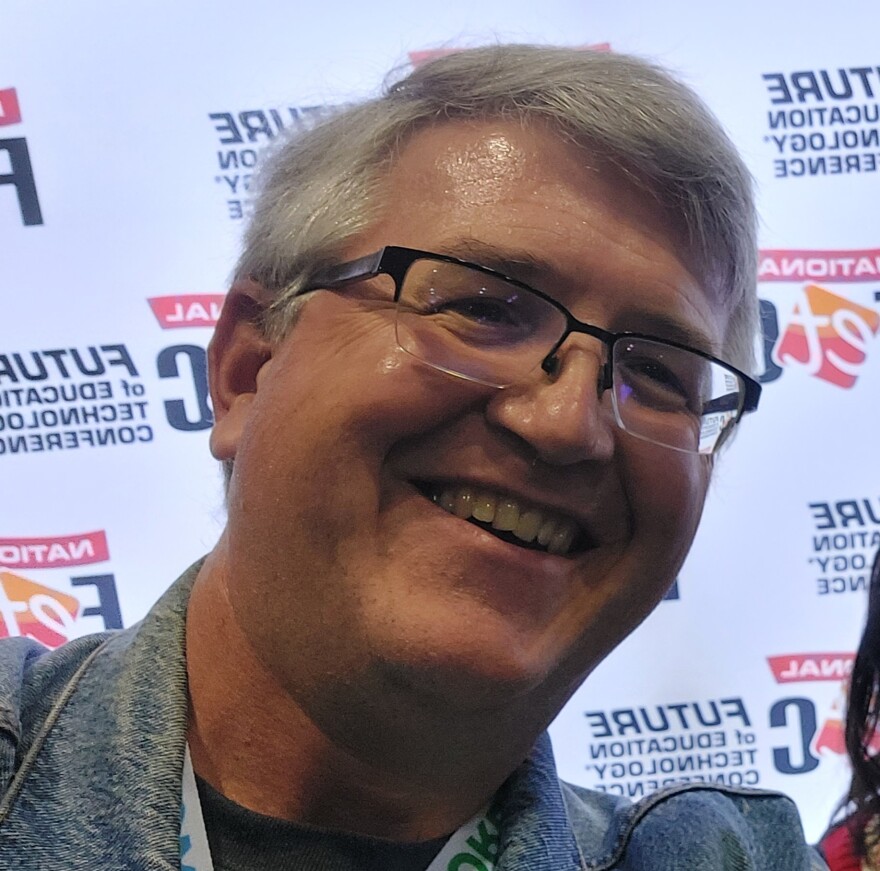In Florida, there's been a lot of legislative action lately to increase the role of parents in the way children are educated in public schools.
Some parent groups have pressed for the banning of certain books, while others support the Parental Rights in Education law, passed this year, which prohibits discussion of gender identity and sexuality in kindergarten through third grade.
WUSF recently asked local teachers to weigh in on what their current challenges are, and whether or not these new laws help them in the classroom. We heard from several who said they would like more authentic parental involvement and support.
Ashlee Highfill teaches middle school social studies in Hillsborough County.
"You certainly still have some parents who are super, super supportive, and want to do whatever they can to support the teacher. But sometimes you can't even get in touch with parents," she said.
"And it's usually the students who are having trouble across the board with multiple teachers. Phone numbers aren't always correct or emails. And if you do get in touch with them, they turn the blame on to you instead of trying to figure out a solution for the student. So that's become more prominent as the years have gone on, where it used to be more occasional."

For Melissa Hall, who teaches high school social studies in Hillsborough County, the "idea of parents knowing what is being taught in classrooms sounds great, except, here's the thing: everything that we teach is public. Every standard is public. If a parent wants to know what's being taught in my classroom, they are allowed to literally call the school and say, 'I want to show up on Tuesday, can I have a seat?' We have to give it to them."
Hall added that digital grading systems allow parents to "check grades whenever they want to, they can send us messages whenever they want to. So I'm not sure what the bill is designed to do. There's nothing that's being done secretly; that if parents ask or seek to find, they can find out.
"Here's the easiest solution, okay? And it's not a lawmaker solution. If parents have questions about what's going on, get involved. We have PTSA (parent-teacher-student association) days, we have PTA's. We have other types of parent councils that make decisions in schools. And we beg for people," said Hall.
"I'll give you a good example. I had parent conference night, last week. So for two and a half hours, I sat in my room available for conferences. I had two people show up."
Read more from WUSF's Teacher Voices series
Steve Conover, who teaches algebra at a public charter school in Hillsborough County, said that, increasingly, teachers get treated as "villains," and that an outpouring of support for teachers at the start of the coronavirus pandemic feels to have "flipped real quick."
"Now, it seems like when I'm dealing with a parent, it's a very defensive maneuver. 'My child would not do this.' You know, they talked about having video cameras in the classroom. My opinion about video cameras in the classroom, is bring it on, I have nothing I do or say that is going to be problematic. And you're going to see exactly what your child is doing.
"So when you say, 'My child would not...' how are you going to defend that now? And especially if it's a child that has to be disciplined. No parent wants to hear that their kid made a mistake. But that honestly is a learning environment. Learn from it, and don't do it again, or find out why you reacted that way. I think that's a good thing for the student. And for the parents to realize, too.
"One of the big things about my school is at the beginning of the year, we tell everyone that education is a three-legged stool. You have the teacher, the child, and the parent, those are your three legs. If any one of them is missing, the thing is going to fall over."






